The pros and cons of a tourist tax
Visitor levies can boost tourism but a lack of transparency troubles critics
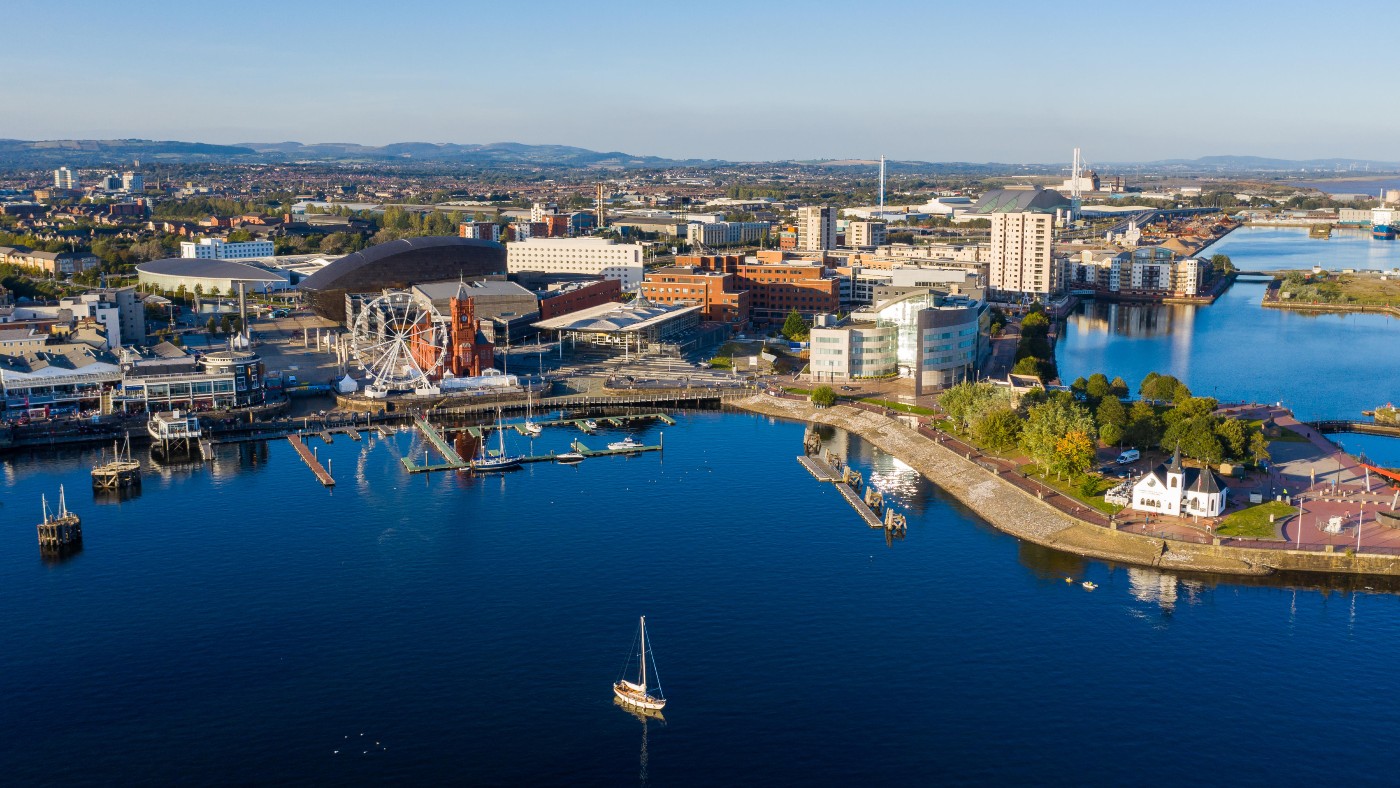
A free daily email with the biggest news stories of the day – and the best features from TheWeek.com
You are now subscribed
Your newsletter sign-up was successful
Visitors to Wales could soon be paying more for an overnight stay amid plans to introduce a tourism tax in the country.
If the plans are confirmed Wales would follow in the footsteps of Manchester, which has introduced a tourist tax for people making overnight stays in the city and comes into operation tomorrow, said the BBC.
Many destinations around the world have tourism taxes, noted VisaGuide, including Barcelona, Venice, Thailand and Slovenia. It has proven a controversial topic though, with disagreement over whether it boosts the tourism industry or threatens its very survival.
The Week
Escape your echo chamber. Get the facts behind the news, plus analysis from multiple perspectives.

Sign up for The Week's Free Newsletters
From our morning news briefing to a weekly Good News Newsletter, get the best of The Week delivered directly to your inbox.
From our morning news briefing to a weekly Good News Newsletter, get the best of The Week delivered directly to your inbox.
1. Pro: pays for costs of tourism
Supporters say a tourism tax can lead to the increasingly elusive goal of a well-managed, sustainable, and lucrative tourism industry, with the costs of tourism being picked up in a well-run way.
Recommending that the Welsh government should introduce a tourist tax, the Bevan Foundation argued that such a move would “help to reflect the true costs of tourism” such as “clearing up litter, providing car parking, keeping beaches clean” and “building public footpaths”.
2. Con: consumer spending squeeze
Some feel that adding yet more pounds to the cost of a holiday is dangerous during a cost-of-living crisis. The tourism sector in Edinburgh is, for the most part, “vocally opposed to the introduction of a tourist tax, particularly in the current economic climate”, claimed Holyrood magazine.
Marc Crothall of the Scottish Tourism Alliance told the outlet that 60% of visitors are domestic, who “may at present be reaching a tipping point due to a consumer spending squeeze”.
A free daily email with the biggest news stories of the day – and the best features from TheWeek.com
3. Pro: avoids overtourism
By increasing the cost to visit certain areas, a tourist tax can help reduce overcrowding and make the experience more enjoyable. This can help avoid “overtourism” – where locals or visitors feel that there are too many tourists, leading to deterioration in quality of life.
For instance, Bhutan has “only ever been reluctantly open to tourists”, said The Times, but now the mountain kingdom is “cranking its tourism tax to an eye-watering level” by charging up to $200 (£161) a day in tax.
4. Con: discourages visitors
The flipside is that by increasing the cost of visiting a particular location, tourism taxes could discourage some tourists from choosing destinations that actively want more visitors.
Some “deem this sort of levy unnecessary or even detrimental to the sector – driving away visitors or limiting their spending during their visit”, said accountants Knights Lowe. However, in a poll, hoteliers in Manchester voted 80% in favour of the tourist tax, said EuroNews, suggesting that fears it could damage tourism are not widespread.
5. Pro: supports investment
A tourist tax can generate additional cash for the local government and tourism industry, which can be used to fund infrastructure and services that benefit tourists and residents alike.
“From signage to facilities to the myriad of public realm improvements that make places attractive”, tourism infrastructure comes “at public cost”, said the Bevan Foundation, and “while the public do benefit, so too does the tourism industry”, so both parties should chip in.
6. Con: lack of transparency
Some suspect that tourism taxes will simply disappear into wider local authority budgets. Perhaps the “largest challenges” of a tourism tax is “ensuring transparency around how it’s used”, said Rosie Spinks on Skift.
If the money “just goes into a general pot because local finances are strained”, said Tim Fairhurst, secretary general of the non-profit European Tourism Association, and if it’s just seen as “a classic ‘tourists don’t vote, you can get easy money off them’”, then that is “not a smart way to go”.
-
 6 of the world’s most accessible destinations
6 of the world’s most accessible destinationsThe Week Recommends Experience all of Berlin, Singapore and Sydney
-
 How the FCC’s ‘equal time’ rule works
How the FCC’s ‘equal time’ rule worksIn the Spotlight The law is at the heart of the Colbert-CBS conflict
-
 What is the endgame in the DHS shutdown?
What is the endgame in the DHS shutdown?Today’s Big Question Democrats want to rein in ICE’s immigration crackdown
-
 Nepal’s fake mountain rescue fraud
Nepal’s fake mountain rescue fraudUnder The Radar Arrests made in alleged $20 million insurance racket
-
 Our Town: Michael Sheen stars in ‘beautiful’ Thornton Wilder classic
Our Town: Michael Sheen stars in ‘beautiful’ Thornton Wilder classicThe Week Recommends Opening show at the Welsh National Theatre promises a ‘bright’ future
-
 Must-see bookshops around the UK
Must-see bookshops around the UKThe Week Recommends Lose yourself in beautiful surroundings, whiling away the hours looking for a good book
-
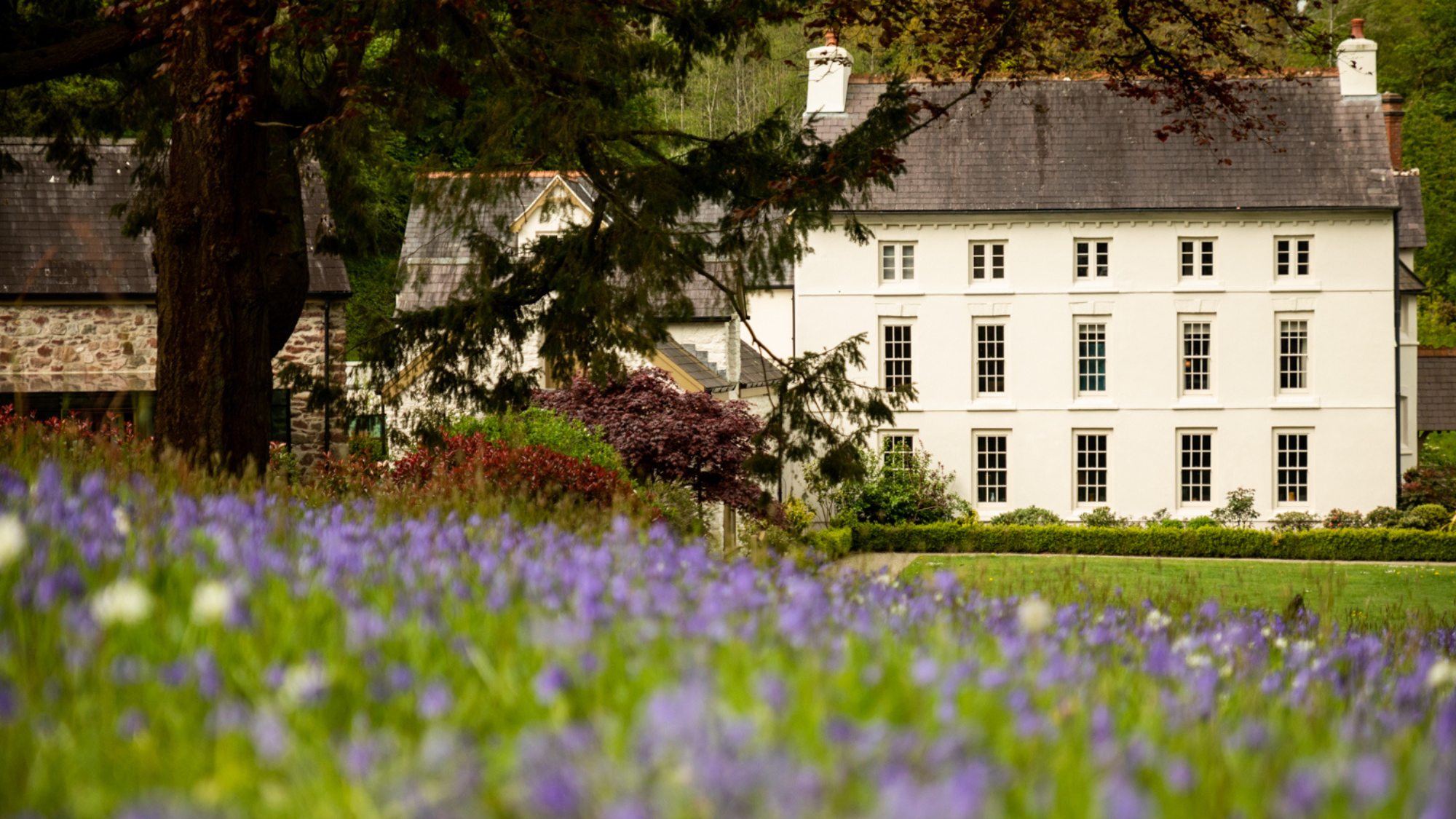 Grove of Narberth: comfort and style in the Welsh countryside
Grove of Narberth: comfort and style in the Welsh countrysideThe Week Recommends This boutique Georgian manor in Pembrokeshire is the perfect rural retreat
-
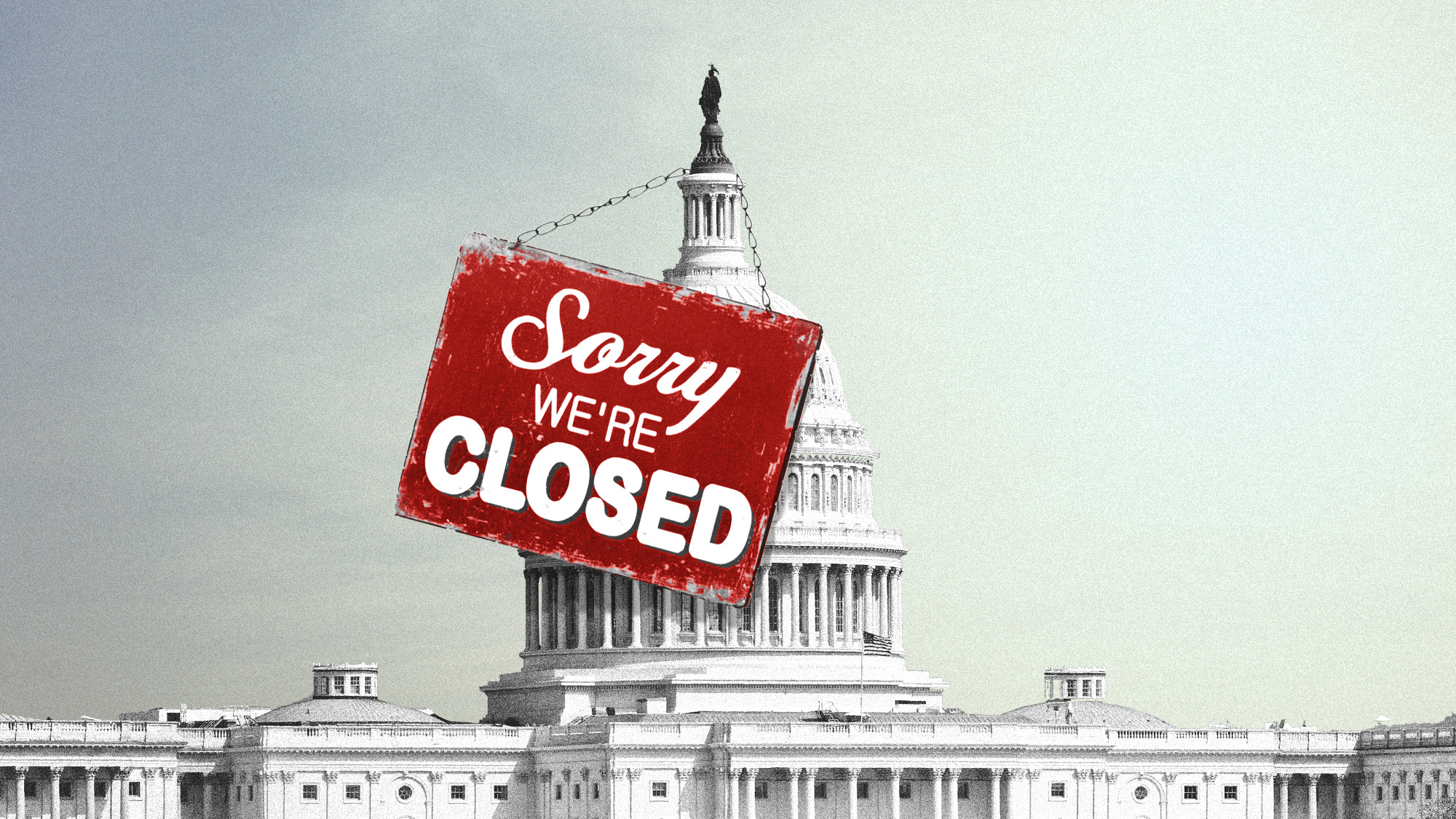 DC tourism has taken a hit
DC tourism has taken a hitUnder the Radar The government shutdown has reduced tourist attractions
-
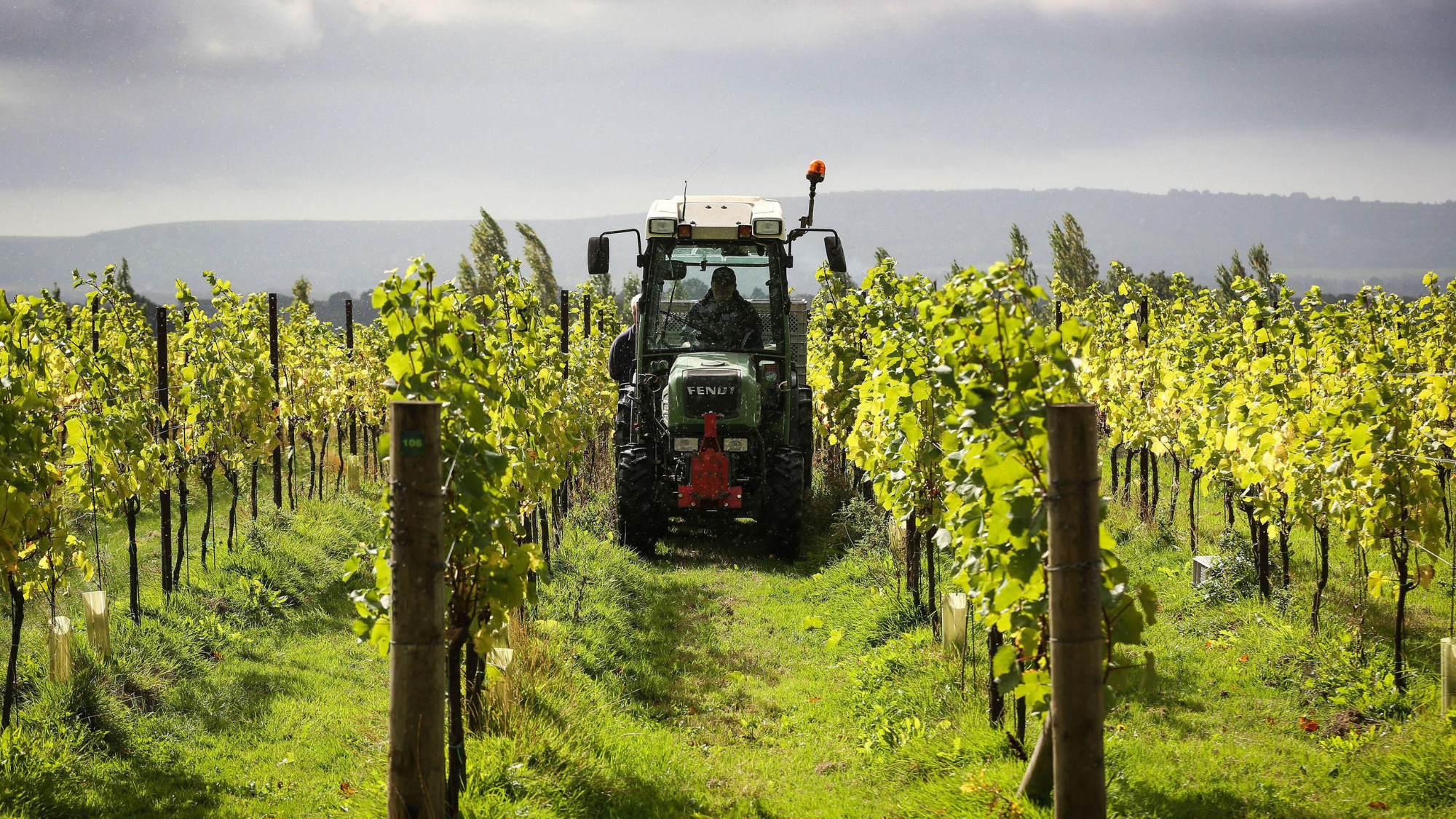 The rise of English sparkling wine
The rise of English sparkling wineThe Week Recommends As UK-based brands give champagne a run for its money, here’s everything you need to know about choosing the right bottle
-
 The female-led all-women tours in Afghanistan
The female-led all-women tours in AfghanistanUnder The Radar Women are 'swapping cocktails in Ibiza' for visiting a 'terror hotspot'
-
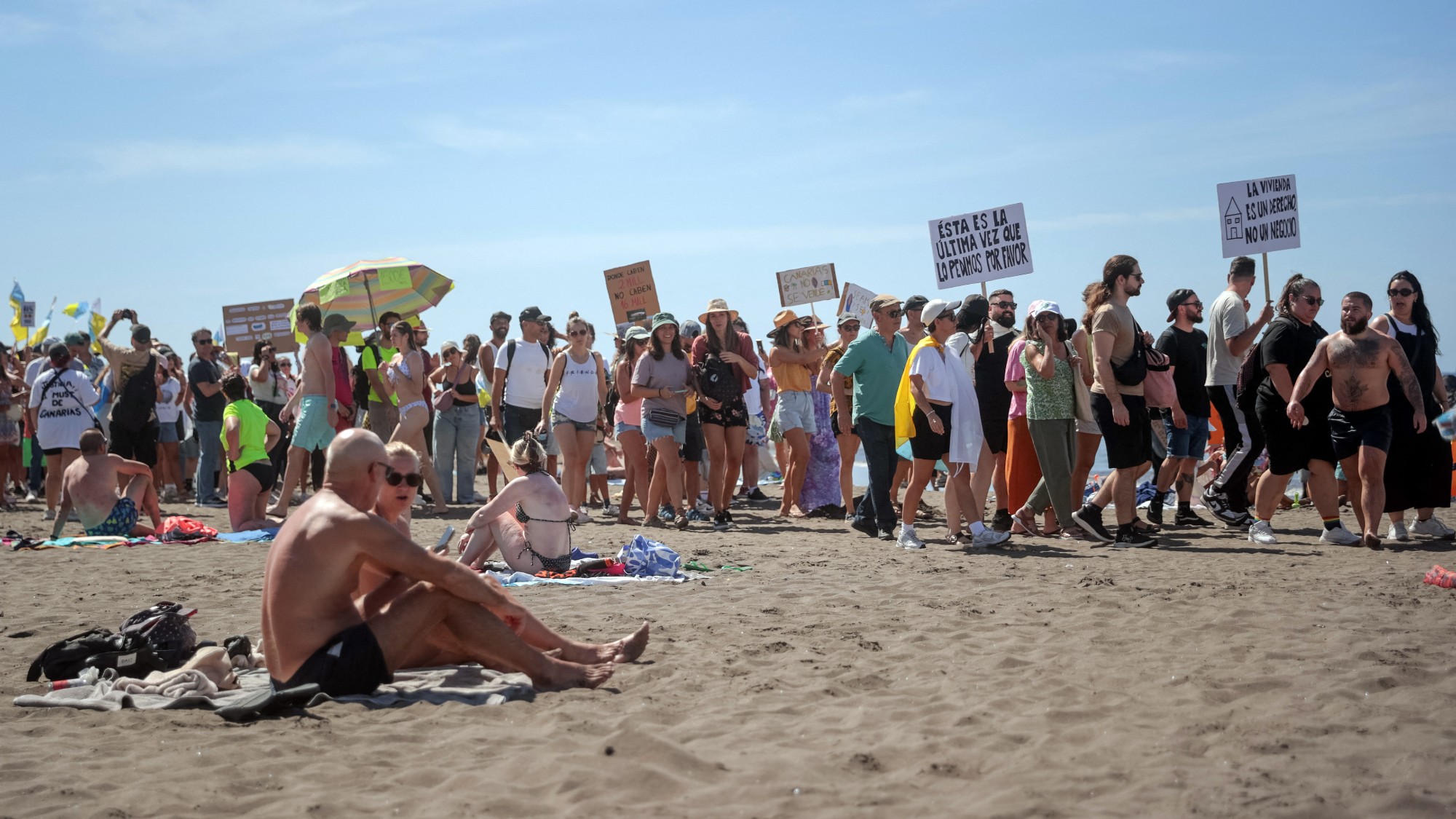 The tourist flood in the Mediterranean: can it be stemmed?
The tourist flood in the Mediterranean: can it be stemmed?Talking Point Finger-pointing at Airbnb or hotel owners obscures the root cause of overtourism in holiday hotspots: unmanageable demand